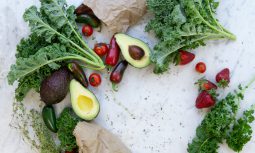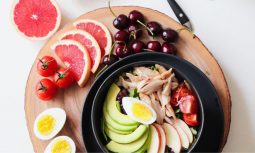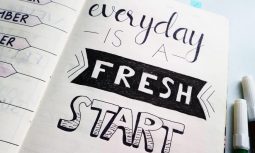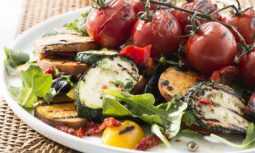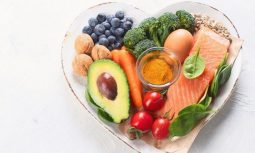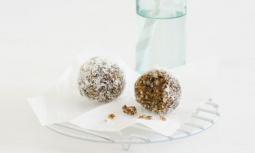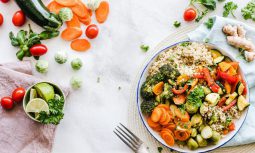Nutrition is a big topic that can cause confusion for many. Here are five things you should know that will help to simplify the topic for you.
One: Hormones can play a significant role in your body’s ability to lose or gain weight. If you have tried unsuccessfully in the past to achieve a weight loss or muscle gain goal, it may be worth investing in a hormone check with a naturopath or allied health practitioner.
Two: Calories do count, but secondary to other things – as mentioned above, it’s really all about how foods interact with hormones and alter what the body does. How many calories you need to lose or gain weight is totally dependent upon your metabolism.
The number of calories (or kilojoules) are important, but your metabolism will determine how many are the right amount, not an arbitrary recommendation. What kinds of food you’re eating, exercise, stress and many other things will affect your metabolism.
Three: There is no one correct diet – everybody is unique. We all have different needs for protein, carbs and fat. Some of us do better eating more regularly, while others are better with fewer meals. Not to mention individual intolerances and even tastes.
There are general recommendations that will serve everybody well, but don’t buy into dogma. Sometimes a perfectly innocuous food for most people, like a tomato, can be wickedly inflammatory. If something doesn’t feel right, follow your gut (no pun intended).
Four: The term ‘balance’ is thrown around a lot in nutrition, but pending your goals, it should be avoided. That’s not to say you can never eat ‘unhealthy’ foods. Just don’t do it in search of balance. Do it realising the effects it will have on your health and goals, then proceed accordingly.
Believing you should indulge in foods that are contrary to your goals, for the sake of balance, is going to keep you stuck going nowhere fast in terms of results.
Five: What you drink is just as important as what you eat – many people will follow a strict diet and then drink hundreds of calories without even giving it a second thought. Be aware that what you drink has just as much impact as what you eat. Indeed, drinking calories tends not to make you feel full, so it’s even easier to over consume. Be careful of what you are drinking as well as eating.
Don’t forget to utilise the nutrition portal containing meal plans and recipes to help you stay on track.









